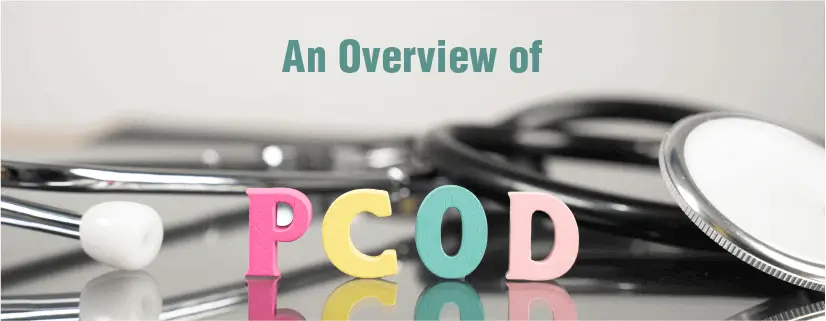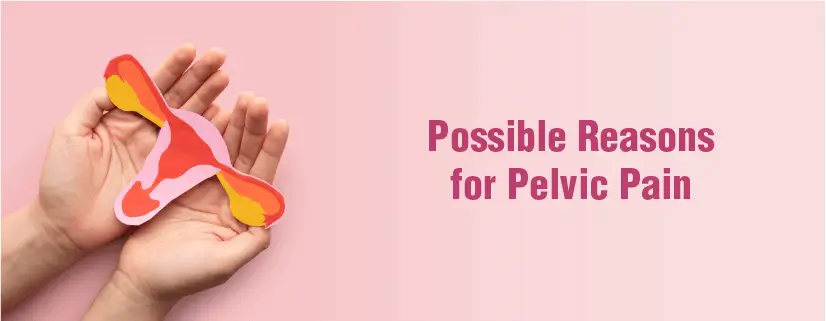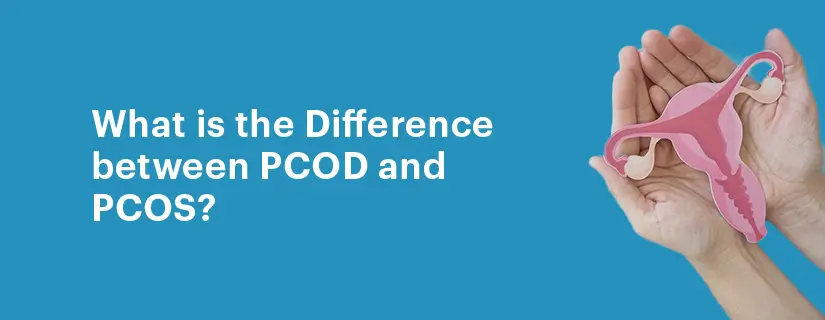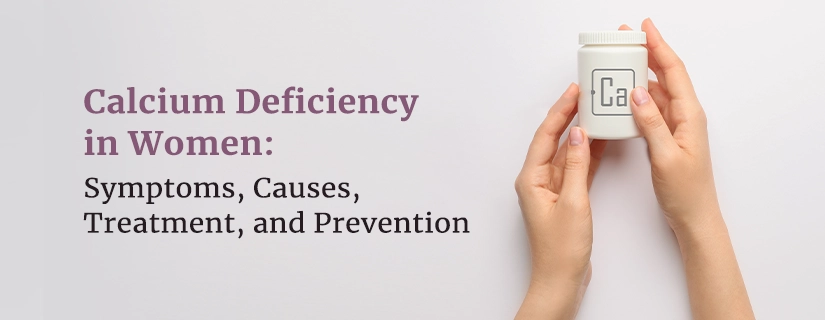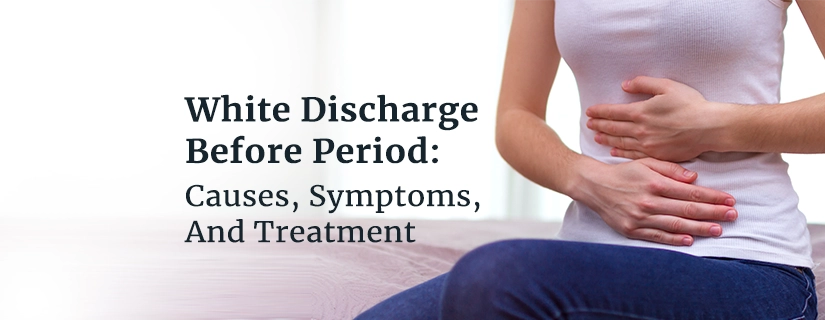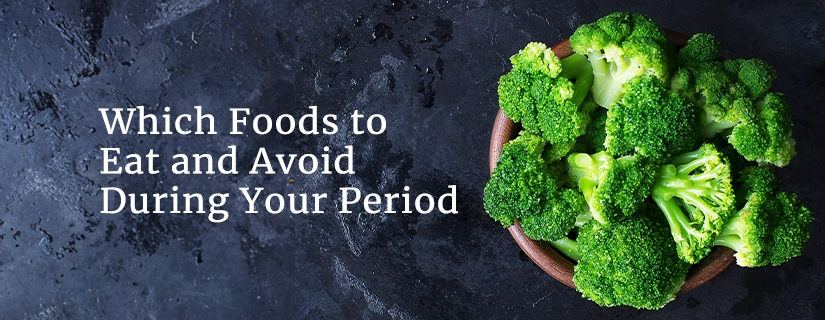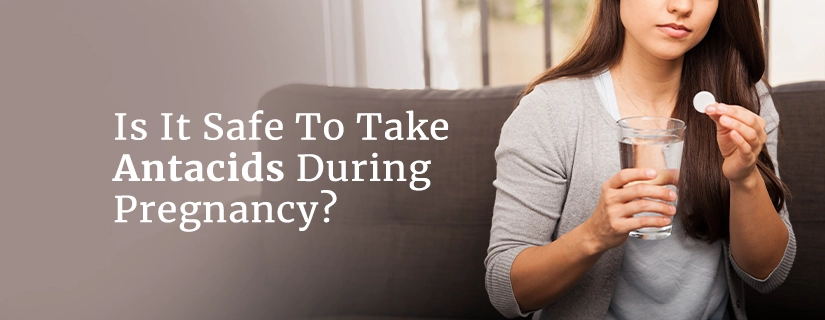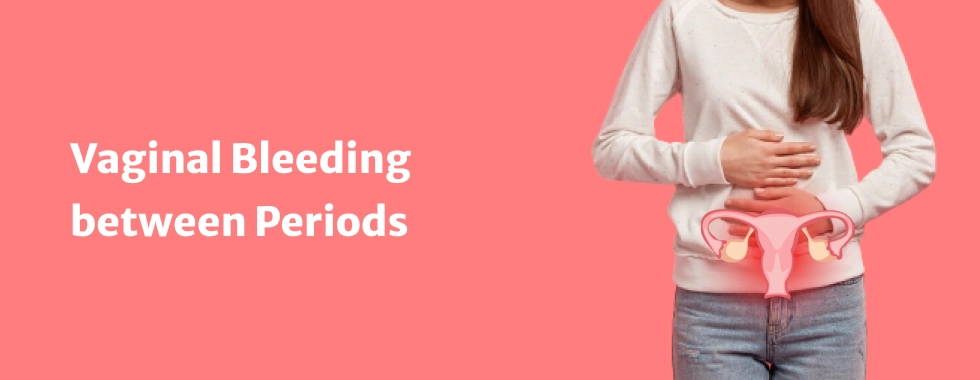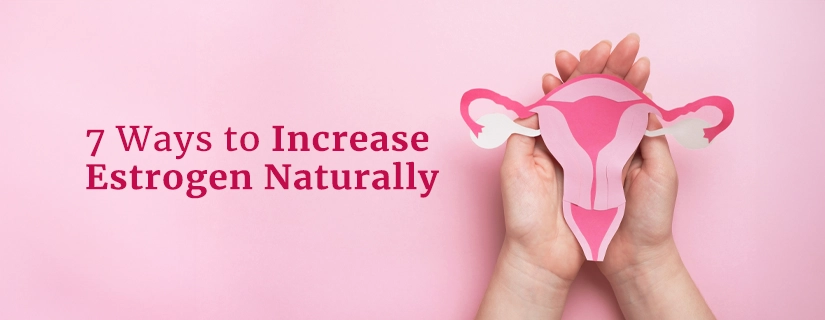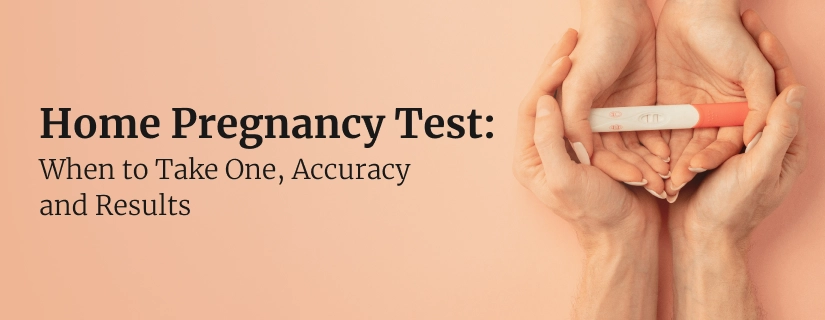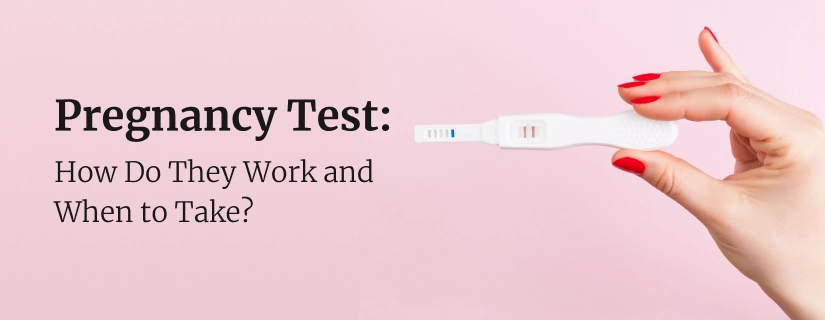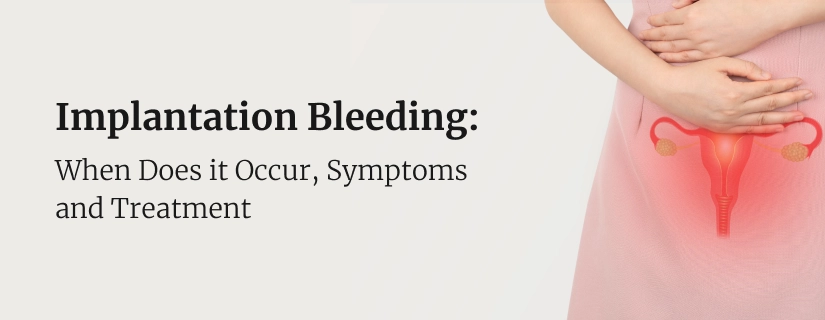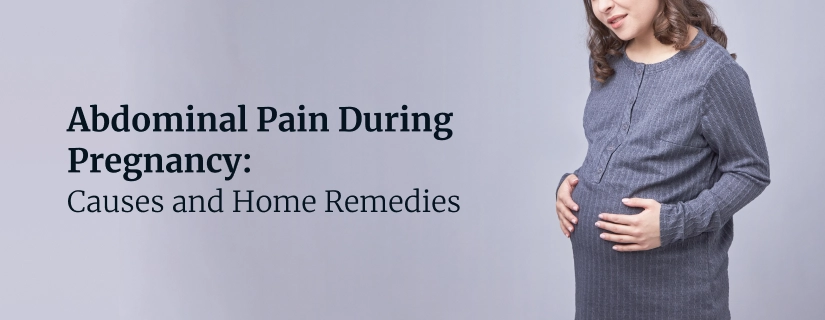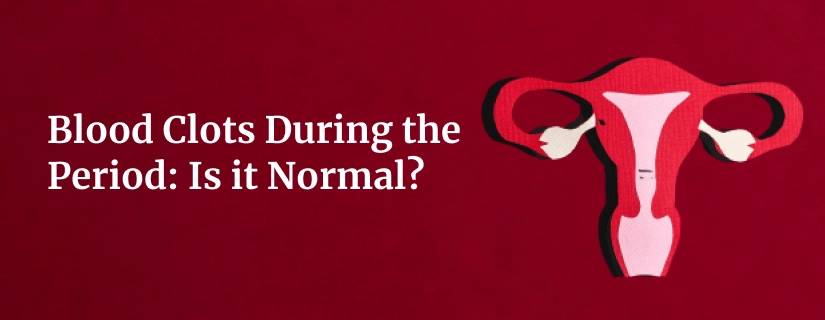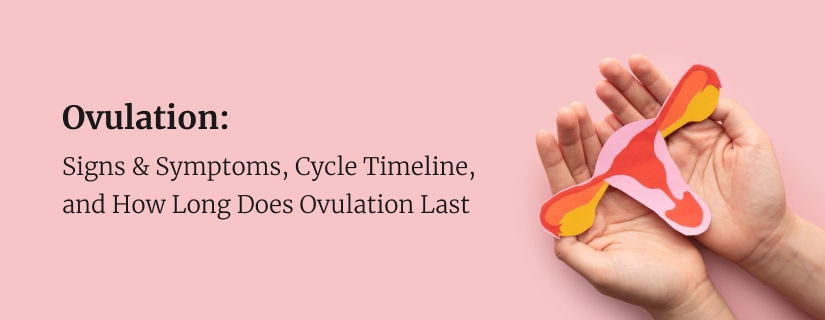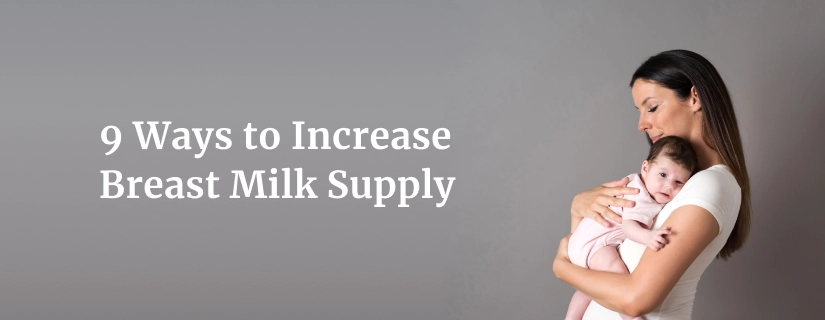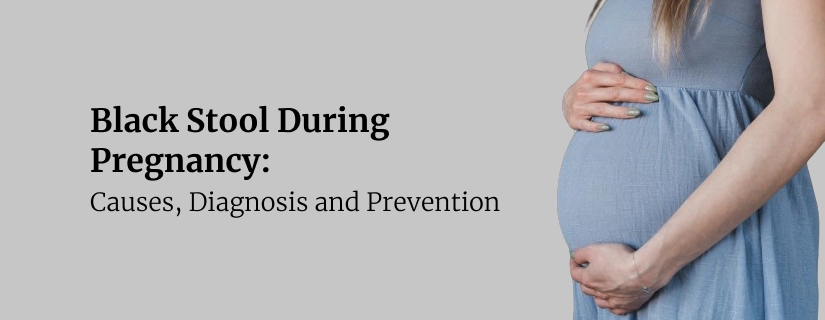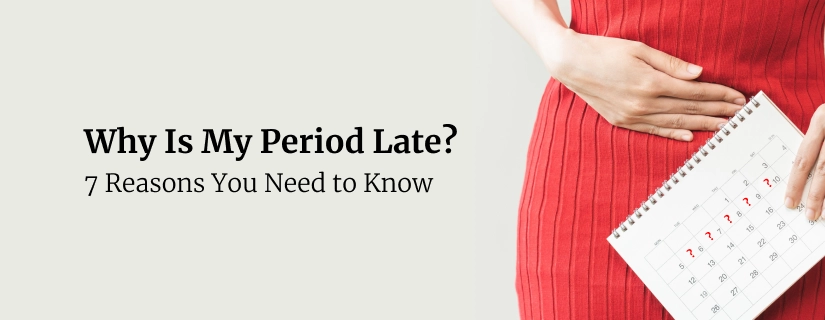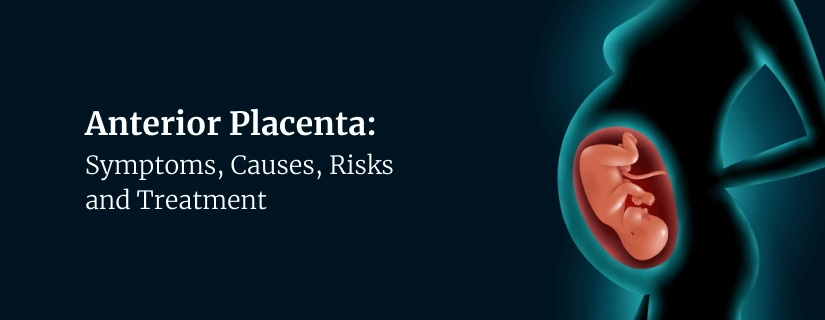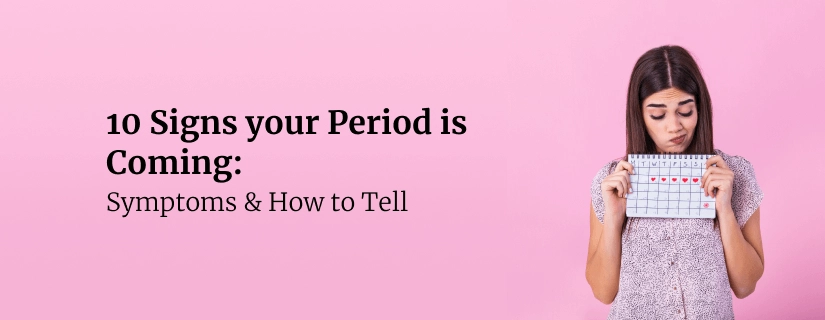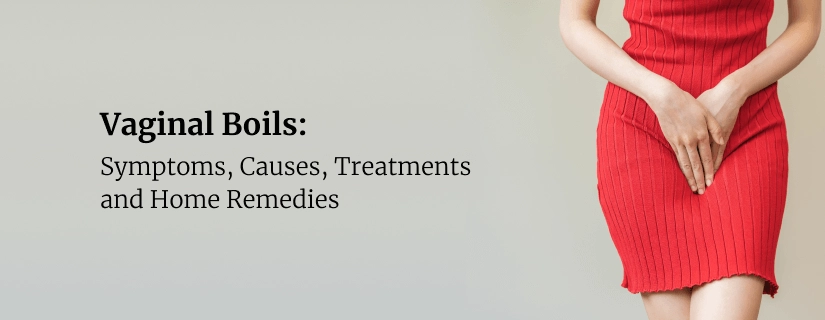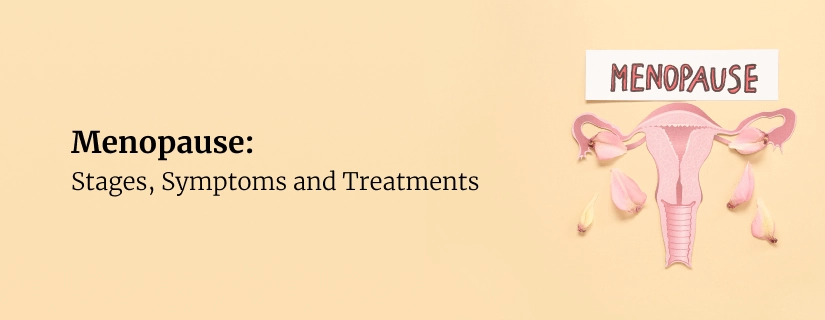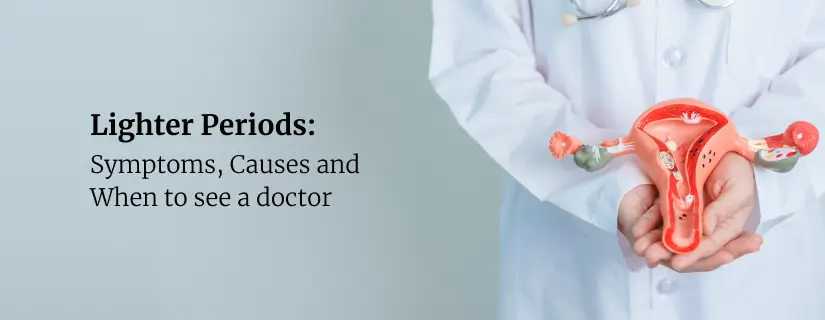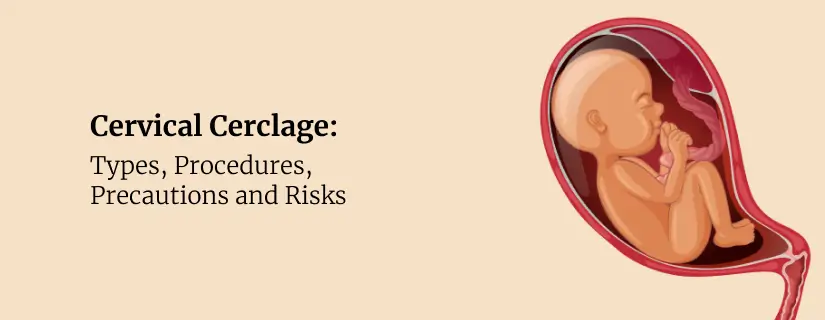-
Doctors
-
Specialities & Treatments
Centre of Excellence
Specialties
Treatments and Procedures
Hospitals & Directions HyderabadCARE Hospitals, Banjara Hills CARE Outpatient Centre, Banjara Hills CARE Hospitals, HITEC City CARE Hospitals, Nampally Gurunanak CARE Hospitals, Musheerabad CARE Hospitals Outpatient Centre, HITEC City CARE Hospitals, Malakpet
HyderabadCARE Hospitals, Banjara Hills CARE Outpatient Centre, Banjara Hills CARE Hospitals, HITEC City CARE Hospitals, Nampally Gurunanak CARE Hospitals, Musheerabad CARE Hospitals Outpatient Centre, HITEC City CARE Hospitals, Malakpet Raipur
Raipur
 Bhubaneswar
Bhubaneswar Visakhapatnam
Visakhapatnam
 Nagpur
Nagpur
 Indore
Indore
 Chh. Sambhajinagar
Chh. SambhajinagarClinics & Medical Centers
Book an AppointmentContact Us
Online Lab Reports
Book an Appointment
Consult Super-Specialist Doctors at CARE Hospitals
How To Stop Heavy Periods: 8 Home Remedies to Stop
Updated on 7 September 2023

Welcome to our comprehensive blog on understanding menstruation and exploring ways to manage and regulate periods safely. Menstruation is a natural and essential part of a woman's reproductive health, and while it might sometimes come with discomfort or inconvenience, it plays a crucial role in the menstrual cycle and fertility. However, we recognize that some individuals may seek ways to alleviate menstrual symptoms or regulate their periods for specific reasons.
Before we delve into any methods or solutions, it's essential to stress that stopping periods entirely is not a recommended or safe practice. Menstruation serves as a natural process, and attempting to halt it without medical supervision can have potential health risks. The content of this blog aims to provide information on managing menstrual symptoms, understanding the menstrual cycle, and exploring safe and effective options under the guidance of a healthcare professional.
Causes of Prolonged Periods
Prolonged periods, also known as menorrhagia, is a menstrual disorder characterized by abnormally heavy or prolonged bleeding during menstruation. There are various potential causes for prolonged periods, which can range from hormonal imbalances to underlying medical conditions. Some of the common causes include:
- Hormonal Imbalance: Fluctuations in hormones, particularly estrogen and progesterone, can disrupt the normal menstrual cycle and lead to excessive bleeding. Hormonal imbalances can be caused by factors such as stress, thyroid disorders, polycystic ovary syndrome (PCOS), or perimenopause.
- Uterine Fibroids: These non-cancerous growths in the uterine wall can cause heavy and prolonged menstrual bleeding. The size and location of the fibroids can influence the severity of symptoms.
- Adenomyosis: This condition occurs when the tissue lining the uterus (endometrium) grows into the muscular walls of the uterus. It can lead to heavy and painful periods.
- Endometrial Polyps: These are benign growths on the inner lining of the uterus, and they can contribute to heavy or irregular bleeding.
- Pelvic Inflammatory Disease (PID): PID is an infection of the female reproductive organs, usually caused by sexually transmitted bacteria. It can lead to inflammation and scarring, potentially affecting menstrual flow.
- Bleeding Disorders: Certain blood clotting disorders, like von Willebrand disease, can lead to excessive bleeding during menstruation.
- IUDs (Intrauterine Devices): While hormonal IUDs may reduce menstrual bleeding, non-hormonal IUDs can sometimes cause heavier periods in some women.
- Medications: Certain medications, such as anticoagulants or hormonal therapies, can affect the menstrual flow and lead to prolonged periods.
- Cancer or Precancerous Conditions: In some cases, prolonged periods could be a sign of uterine, cervical, or ovarian cancer or precancerous conditions.
- Thyroid Dysfunction: An underactive or overactive thyroid gland can disrupt the menstrual cycle and cause abnormal bleeding.
- Coagulation Disorders: Conditions that affect blood clotting can lead to excessive bleeding during menstruation.
- Stress and Lifestyle Factors: High levels of stress, poor nutrition, extreme weight loss, or excessive exercise can impact hormone levels and contribute to menstrual irregularities.
It's essential to consult a healthcare provider if you experience prolonged or unusually heavy periods, as they can conduct a thorough evaluation, determine the underlying cause, and recommend appropriate treatment options tailored to your specific needs. Early detection and intervention can help manage the condition and prevent potential complications.
8 Home Remedies to deal with Prolonged Periods
Dealing with prolonged periods can be uncomfortable and distressing. Prolonged periods can be a symptom of an underlying health issue that requires medical evaluation and treatment.
If you are experiencing prolonged periods, it's essential to consult with a healthcare professional to determine the cause and receive appropriate treatment. In the meantime, here are some home remedies that may help manage menstrual symptoms during prolonged periods:
1. Hydration: Stay well-hydrated by drinking plenty of water. Proper hydration can help maintain blood volume and support overall health during menstruation.

2. Iron-rich foods: Consume foods rich in iron, such as leafy greens, beans, and fortified cereals, to prevent anemia caused by heavy bleeding.
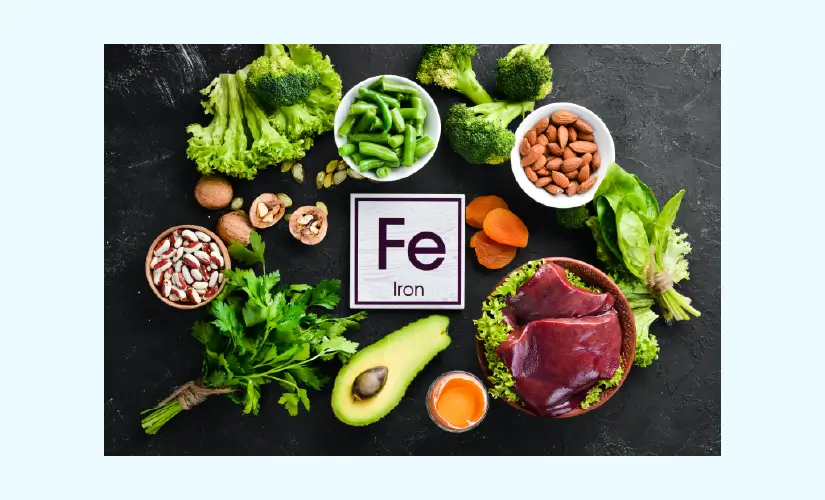
3. Herbal Teas: Some herbal teas, like raspberry leaf tea, may help tone the uterine muscles and potentially reduce excessive bleeding.

4. Heat Therapy: Applying a heating pad or warm compress to the lower abdomen can ease menstrual cramps and provide comfort.

5. Vitamin C: Foods high in vitamin C, like citrus fruits and strawberries, may help strengthen blood vessels and reduce bleeding.

6. Turmeric: Adding turmeric to your diet or taking a turmeric supplement may have anti-inflammatory properties that could help with menstrual discomfort.
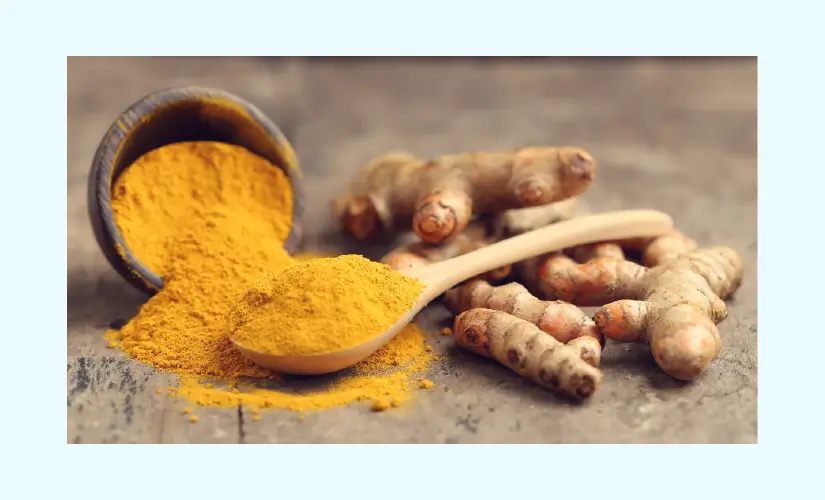
7. Pineapple: Bromelain, an enzyme found in pineapple, may have anti-inflammatory effects that could alleviate menstrual symptoms.

8. Stress Reduction: Engaging in relaxation techniques, such as meditation or yoga, can help reduce stress, which may positively impact menstrual health.

While these home remedies may provide some relief from menstrual symptoms, they are not a substitute for medical evaluation and treatment. If you are experiencing prolonged periods, it's essential to consult a healthcare provider to identify the underlying cause and receive appropriate medical care. They can offer personalized advice and management options to address your specific needs and ensure your well-being.
Nonsurgical procedures and surgical operations for heavy periods
Here are some nonsurgical and surgical options for treating heavy periods:
- Nonsurgical Procedures:
- High-intensity focused ultrasound (HIFU): Uses focused sound waves to treat uterine fibroids causing heavy bleeding by heating and destroying targeted tissue.
- Uterine artery embolization (UAE): Involves injecting small particles into the blood vessels leading to the uterus to block blood flow to fibroids, causing them to shrink and reducing bleeding.
- Endometrial ablation: Destroys the uterine lining using methods like extreme cold, heated fluids, or energy-based techniques, reducing menstrual bleeding. It's suitable for women who do not wish to become pregnant in the future.
- Surgical Operations:
- Myomectomy: Removes uterine fibroids while preserving the uterus. It can be performed through small abdominal incisions (laparoscopic or robotic) or a larger incision (laparotomy).
- Endometrial resection: Removes the uterine lining using an electrically heated wire loop inserted through the cervix and vagina, reducing menstrual bleeding.
- Hysterectomy: Involves removing the entire uterus, which is a definitive treatment for heavy periods. It can be performed through various approaches, including vaginal, laparoscopic, or abdominal methods.
List of Medicine to Stop Menstrual Bleeding
Medications to Stop Menstrual Bleeding Immediately Include:
- Nonsteroidal anti-inflammatory drugs (NSAIDs): NSAIDs like ibuprofen (Advil, Motrin IB) or naproxen sodium (Aleve) are used to reduce menstrual blood loss and alleviate painful menstrual cramps.
- Tranexamic acid: Tranexamic acid (Lysteda) is taken during menstruation to decrease menstrual blood flow effectively.
- Oral contraceptives: Besides contraception, oral contraceptives can regulate menstrual cycles and lessen heavy or prolonged menstrual bleeding.
- Oral progesterone: Progesterone, a natural hormone, or its synthetic form (progestin) can correct hormone imbalances and reduce heavy menstrual bleeding.
- Hormonal IUD (Mirena, Liletta): This intrauterine device releases levonorgestrel, a type of progestin, which thins the uterine lining, reduces menstrual blood flow, and eases cramping.
Diagnosis through Hysterosonography or Hysteroscopy
Hysterosonography (SIS) and hysteroscopy are tests to see inside the uterus. Hysterosonography uses saline (salt water) and ultrasound to check for growths like polyps or fibroids. Hysteroscopy uses a small camera to directly look inside the uterus and can treat problems like polyps during the procedure. Choose hysterosonography first for a basic check, and hysteroscopy if more detailed viewing or treatment is needed.
- Hysterosonography (SIS): Uses saline to expand the uterus for ultrasound imaging. It's non-invasive and good for spotting polyps, fibroids, and abnormal growths inside the uterus.
- Hysteroscopy: Involves a thin, lighted tube to directly view and sometimes treat issues in the uterus. It's more invasive but offers precise diagnosis and can treat conditions like polyps or fibroids during the procedure.
When to see a doctor
See a doctor for heavy periods if:
- Your flow soaks through pads or tampons hourly.
- Periods last over 7 days regularly.
- Passing large blood clots or clotting with heavy bleeding.
- Signs of anemia like fatigue or weakness.
- Heavy periods disrupt daily life or work.
- Sudden changes in menstrual cycle or severe pain.
Conclusion
It's crucial to approach menstruation and menstrual health with the utmost care and understanding. While stopping periods entirely is not recommended or safe, there are numerous safe and effective methods to manage and regulate menstrual symptoms under the guidance of a healthcare professional. Our blog aims to empower you with the knowledge to make informed decisions about your menstrual health and well-being.
Remember, if you experience any persistent or concerning menstrual issues, consulting a healthcare provider is the best course of action. They can provide personalized advice and develop a tailored plan to address your specific needs, ensuring your menstrual journey is as comfortable and healthy as possible.
FAQs
1. Can we prepone/ postpone the periods?
Menstruation is a natural and essential process for a woman's reproductive health, and trying to interrupt it even for a short period without medical guidance can have potential health risks.
While there are certain hormonal birth control methods that can alter the menstrual cycle, they are intended for long-term use and require consultation with a healthcare professional. These methods, such as combination birth control pills or hormonal intrauterine devices (IUDs), can be used to manage and regulate menstrual cycles over several months.
If you need to delay your period for a specific reason, such as a special event or travel, it's best to discuss your situation with a healthcare provider. They can provide you with appropriate options and advice, which may include adjusting your birth control method or using certain medications specifically prescribed for menstrual suppression in exceptional circumstances.
Remember, it is essential to prioritize your health and well-being, and seeking guidance from a qualified healthcare professional is crucial before considering any interventions related to your menstrual cycle.
2. What is the normal duration of menstrual cycle?
The duration of a period, including how many days it lasts, can vary from woman to woman. Typically, a menstrual period can last anywhere from 3 to 7 days. Some women may experience shorter periods, while others may have longer ones.
Menstruation occurs as a result of the shedding of the uterine lining when pregnancy does not occur. The menstrual cycle is controlled by hormonal fluctuations, particularly estrogen and progesterone. The first day of menstrual bleeding marks the beginning of a new menstrual cycle.
The menstrual cycle can vary in length, and the timing of periods can differ from one cycle to another. The average menstrual cycle is around 28 days, but it is considered normal for cycles to range from 21 to 35 days.
It's essential to track your menstrual cycle and period length regularly. If you notice any significant changes in your menstrual patterns, such as sudden irregularities, exceptionally heavy bleeding, or periods lasting for more than seven days, it's essential to consult a healthcare professional. Such changes might indicate an underlying health concern that requires evaluation and appropriate management.
3. What drinks stop heavy period?
There are no specific drinks known to stop heavy periods. Staying hydrated with water is important.
4. Can lemon stop heavy period?
There is no scientific evidence to support that lemon can stop heavy periods.
5. Can heavy periods cause anemia?
Yes, heavy periods can lead to anemia due to excessive blood loss, which reduces iron levels in the body over time.
6. Why are heavy periods dangerous?
Heavy periods can cause anemia, fatigue, and affect daily life. They may also indicate underlying health issues that require medical attention.
7. Which hormone causes heavy periods?
Imbalances in estrogen and progesterone can contribute to heavy periods, but the exact cause varies and should be evaluated by a healthcare provider.
8. Is a heavy period near menopause normal?
Yes, heavy periods can occur as women approach menopause due to hormonal changes. However, any changes should be discussed with a doctor to rule out other causes.
9. Which medicine stops heavy periods?
Medications such as nonsteroidal anti-inflammatory drugs (NSAIDs), tranexamic acid, oral contraceptives, progesterone, or hormonal IUDs (like Mirena) may be prescribed to reduce heavy menstrual bleeding.

ENQUIRY FORM
SELECT CATEGORIES
-
Neurosciences (16)
-
Neurology (37)
-
Neurosurgery (14)
-
Orthopaedics (48)
-
Oncology (33)
-
Obstetrics and gynecology (51)
-
Pulmonology (23)
-
Urology (20)
-
Nephrology (13)
-
Psychiatry (7)
-
Dietetics and Nutrition (111)
-
General Medicine (63)
-
Cardiac Sciences (30)
-
Vascular & Endovascular Surgery and Interventional Radiology (10)
-
Gastroenterology (46)
-
Endocrinology (23)
-
Plastic Surgery (10)
-
Critical Care Medicine (5)
-
COVID-19 (16)
-
Dermatology (16)
-
Emergency Care (1)
-
Ophthalmology (4)
-
Pediatrics (14)
-
Laparoscopic and Bariatric Surgery (8)
-
ENT (15)
-
Kidney Transplant (1)
-
Liver Transplantation and Hepatobiliary Surgery (5)
-
General Surgery (3)
-
Internal Medicine (5)
-
Medicine Information
Healthy Snacks to Eat During Pregnancy
Itchy Breasts During Pregnancy: Causes and When to Seek Help
YOU MAY ALSO LIKE
RECENT BLOGS
-

Direct Anterior Approach in Total Hip Replacement: Advantages and Challenges
10 April 2025
Read More
-

Zinc Deficiency: Signs and Symptoms, Causes, Treatment
9 April 2025
Read More
-

Chest Pain When Coughing: Causes, Treatment and Home Remedies
9 April 2025
Read More
-

12 Health Benefits of Eating Mushrooms
8 April 2025
Read More
-

7 Health Benefits of Blood Donation You Should Know About
8 April 2025
Read More
-

Implantation Bleeding Vs Periods: Know the Difference
28 February 2025
Read More
-

Bloating During Ovulation: Symptoms, Causes and Remedies
28 February 2025
Read More
-

Itching During Dengue: Causes, Treatment and Home Remedies
18 February 2025
Read More
Have a Question?
If you cannot find answers to your queries, please fill out the enquiry form or call the number below. We will contact you shortly.









